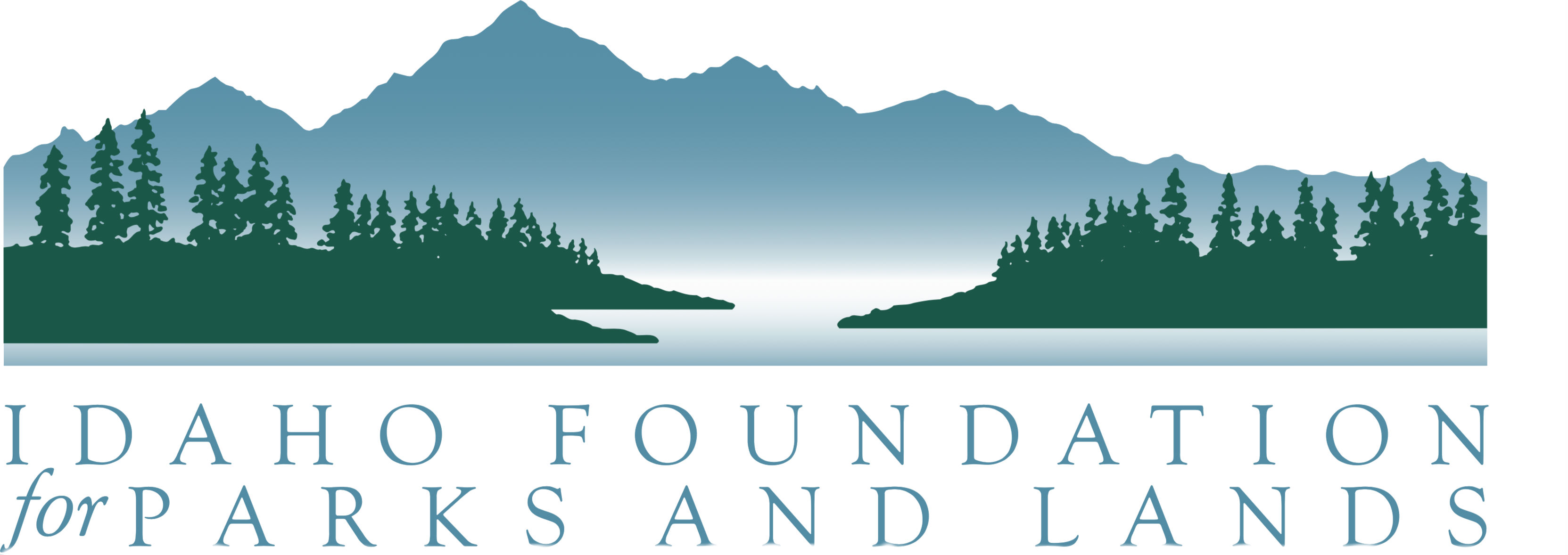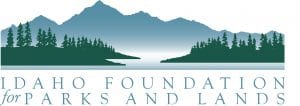Frequently Asked Questions
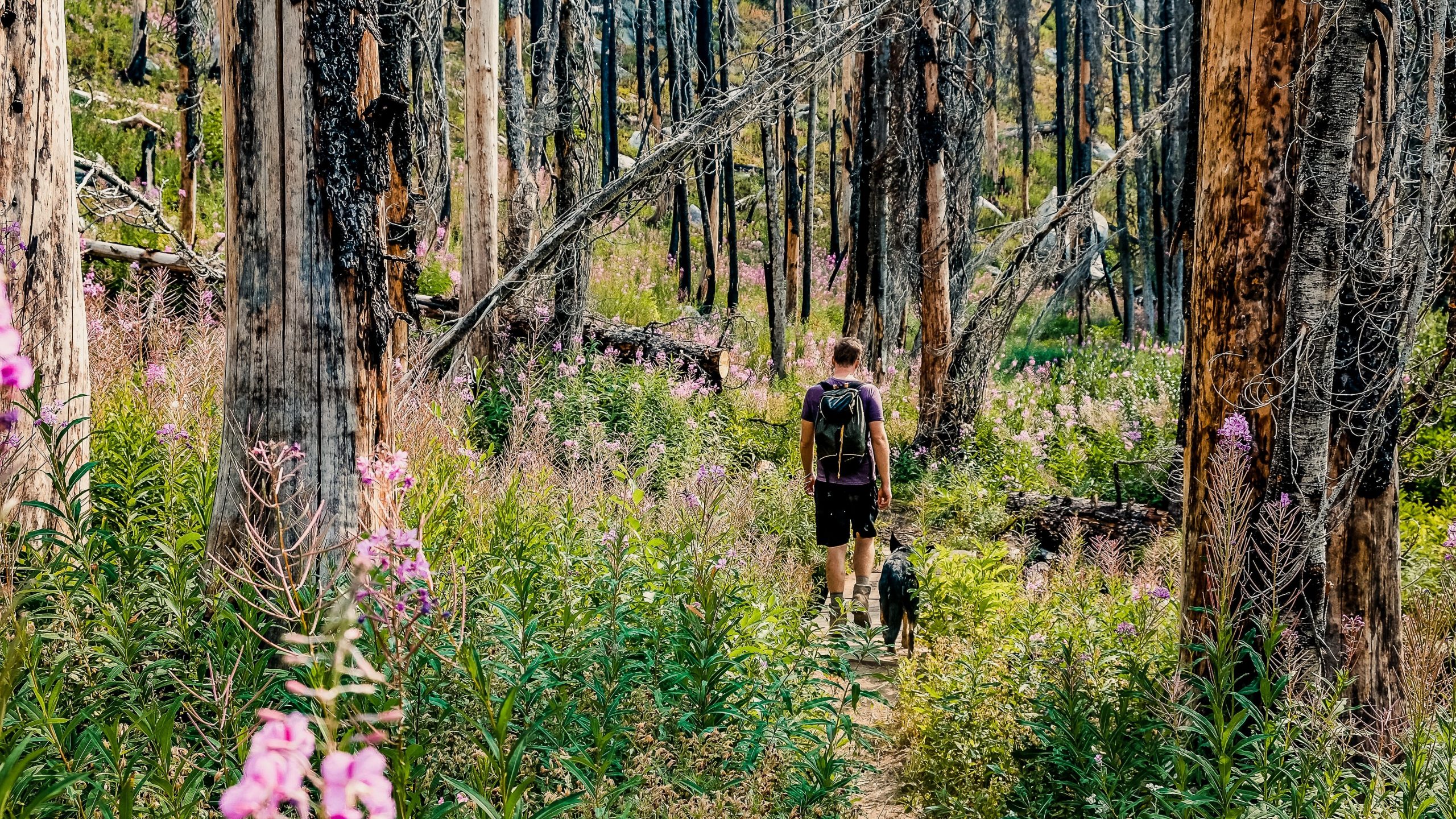
What is a land trust?
A land trust is a community-based nonprofit organization that actively works to permanently conserve land. In some cases, land trusts acquire land outright. They also partner to conserve land that remains the property of willing landowners using a tool called a conservation easement. Land trusts also manage or restore land once it has been conserved.
What is a conservation easement?
A conservation easement (or conservation agreement) is a voluntary and legal contract between a landowner and a land trust or government agency that permanently limits how one may use the land, in order to protect its conservation value. The landowner may continue to own, live on, sell, or pass the land onto their heirs, and the conservation easement remains in place.
In some instances it may be possible to reserve the right to build a home or homes on the property in the future. The key to meeting IRS requirements is to preserve the conservation values of the property in perpetuity.
Future owners also will be bound by the easement’s terms. The land trust or government entity holding the easement is responsible for making sure the easement’s terms are followed.
If the donation benefits the public by permanently protecting important conservation resources and meets other federal tax code requirements, it can qualify as a tax-deductible charitable donation. The amount of the donation is the difference between the land’s value with the easement and its value without the easement.
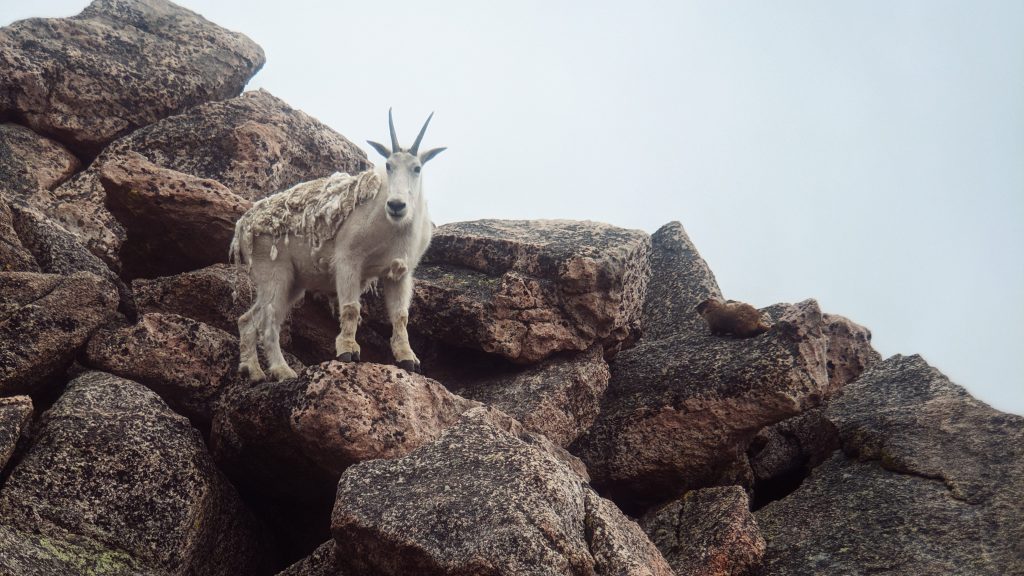
Why are conservation easements popular?
Landowners have found that conservation easements can be flexible tools. They offer a way to increase conservation of agricultural land, fish and wildlife habitat, historical sites, significant geologic landforms and possibly public access for outdoor recreation while providing either tax incentives or cash to landowners.
What are the logistics involved in setting up a conservation easement?
What is a “fee simple property”?
When we describe a property as “fee simple,” it means we have complete and total ownership of a piece of land and the properties on it.
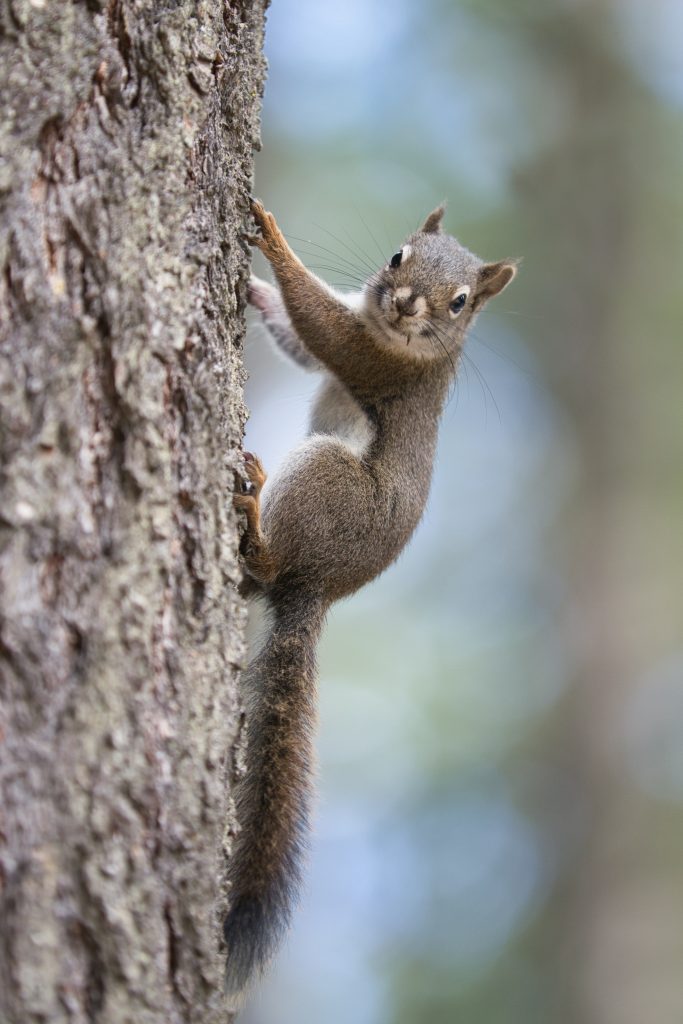
There are several land trusts in Idaho. Do you ever compete with other land trusts?
Not in the traditional sense. All land trusts are nonprofits, so we never compete for profit or gain. Yes, we do experience a lot of overlap in the regions that we serve, but this results in greater opportunities for partnerships and collaborations, not so much competitive tension.
The Foundation does a lot of work that is very typical of land trusts, but we are also unique because we partner with state and regional Parks and Recreation departments to expand public space where appropriate, and we do not shy away from helping underserved resource management niches (i.e. ranching and mining) implement practical conservation solutions. We approach conservation in a way that balances environmental stewardship with environmental education and access.
Do you offer grant funding?
While we think it would be AWESOME to offer grant funding to like-minded organizations, we do not have that capacity. We are a foundation strictly in the sense that we occasionally make “grants” of land to public agencies, as explained above.
What is your Tax ID number?
23-7255461

I have a property in Idaho that I would like to preserve via Conservation Easement. What should I do?
If you believe your land represents an opportunity for environmental conservation and would like to prevent its development in perpetuity, check out this document to answer any preliminary questions you may have. Then call our Executive Director, Mackenzie Bannister, at 208-580-3939.
If you would like to view a Conservation Easement template, click here.
I have land I want to donate. What should I do?
Thank you for being a generous example of land conservation! Please give our Executive Director Mackenzie Bannister a call at 208-580-3939.
I observed someone hunting/fishing on one of your properties. What should I do?
Fishing and hunting on our properties is not permitted. If you see suspicious activity, please report it to Idaho Fish and Game at 1-800-637-9152.
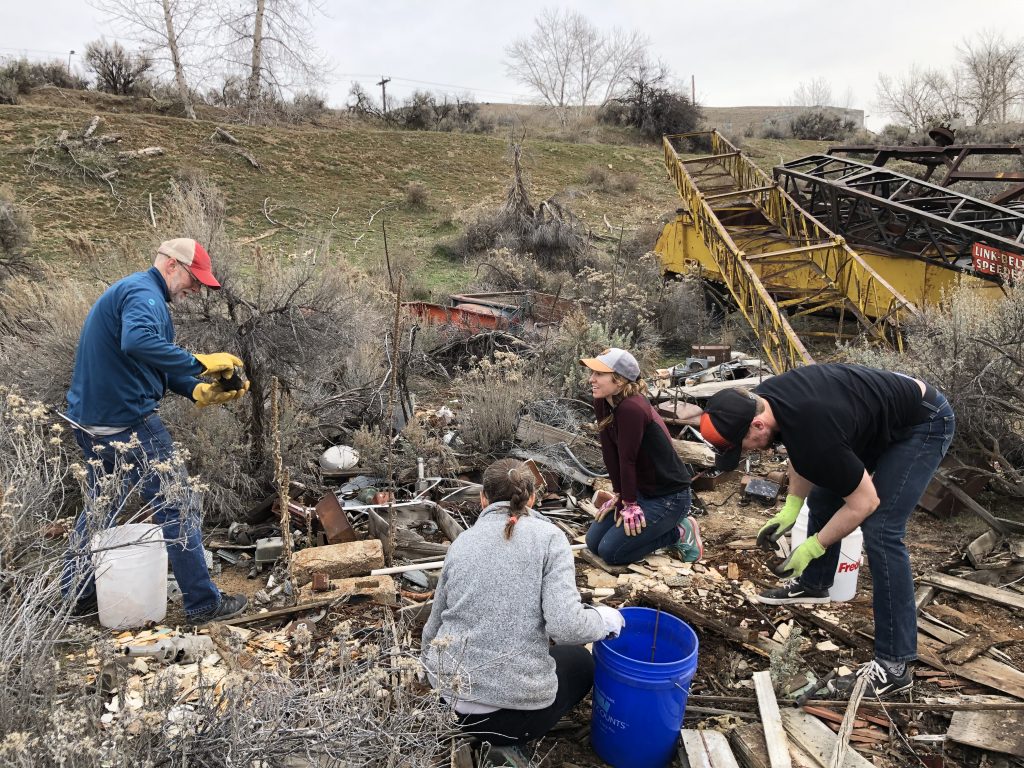
What opportunities do you have for volunteering?
We are so grateful you would consider donating your time to our cause! We welcome your participation as a volunteer, whether you want to collaborate only once or would like to be a recurring volunteer. Click here to learn more about our volunteer opportunities.
